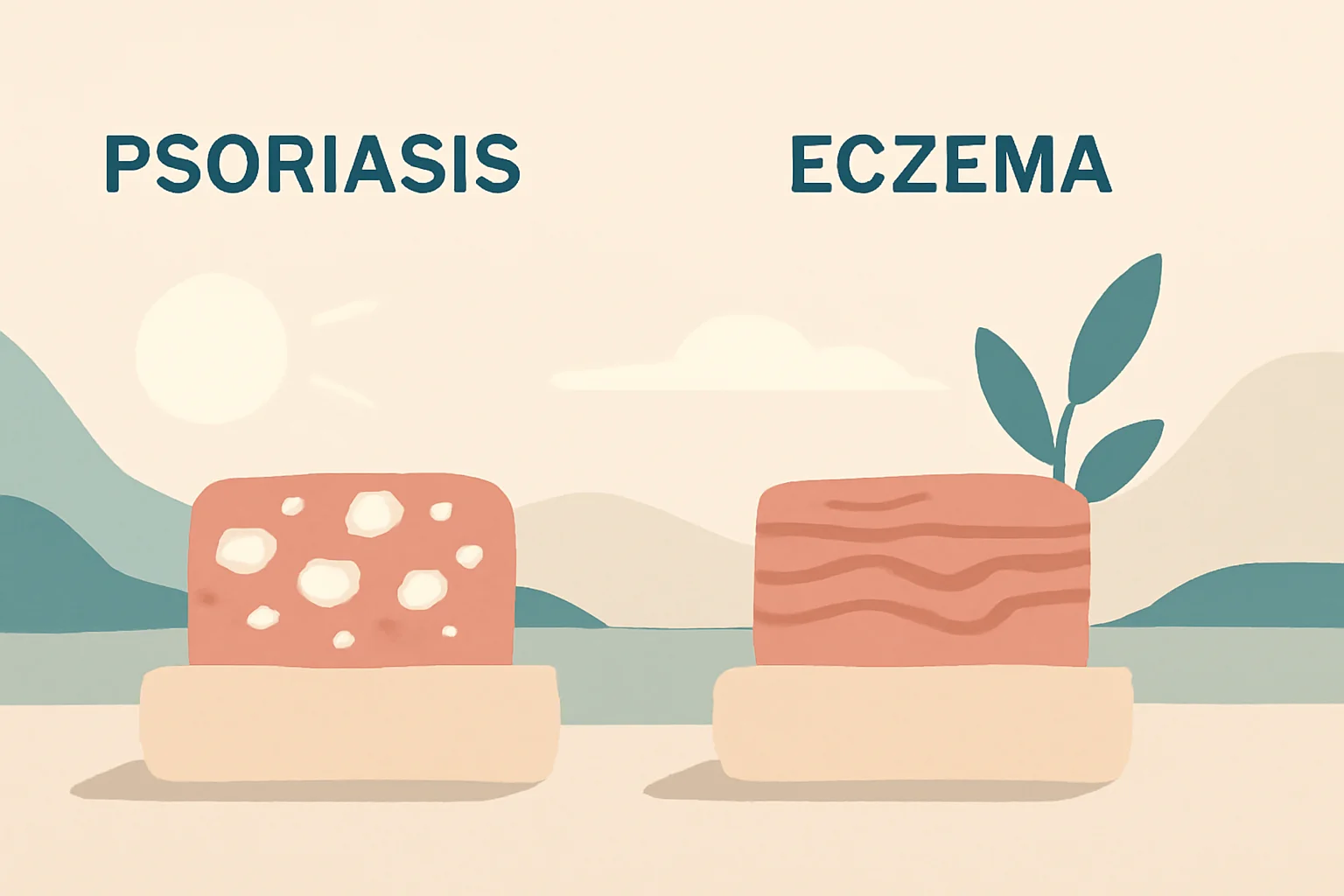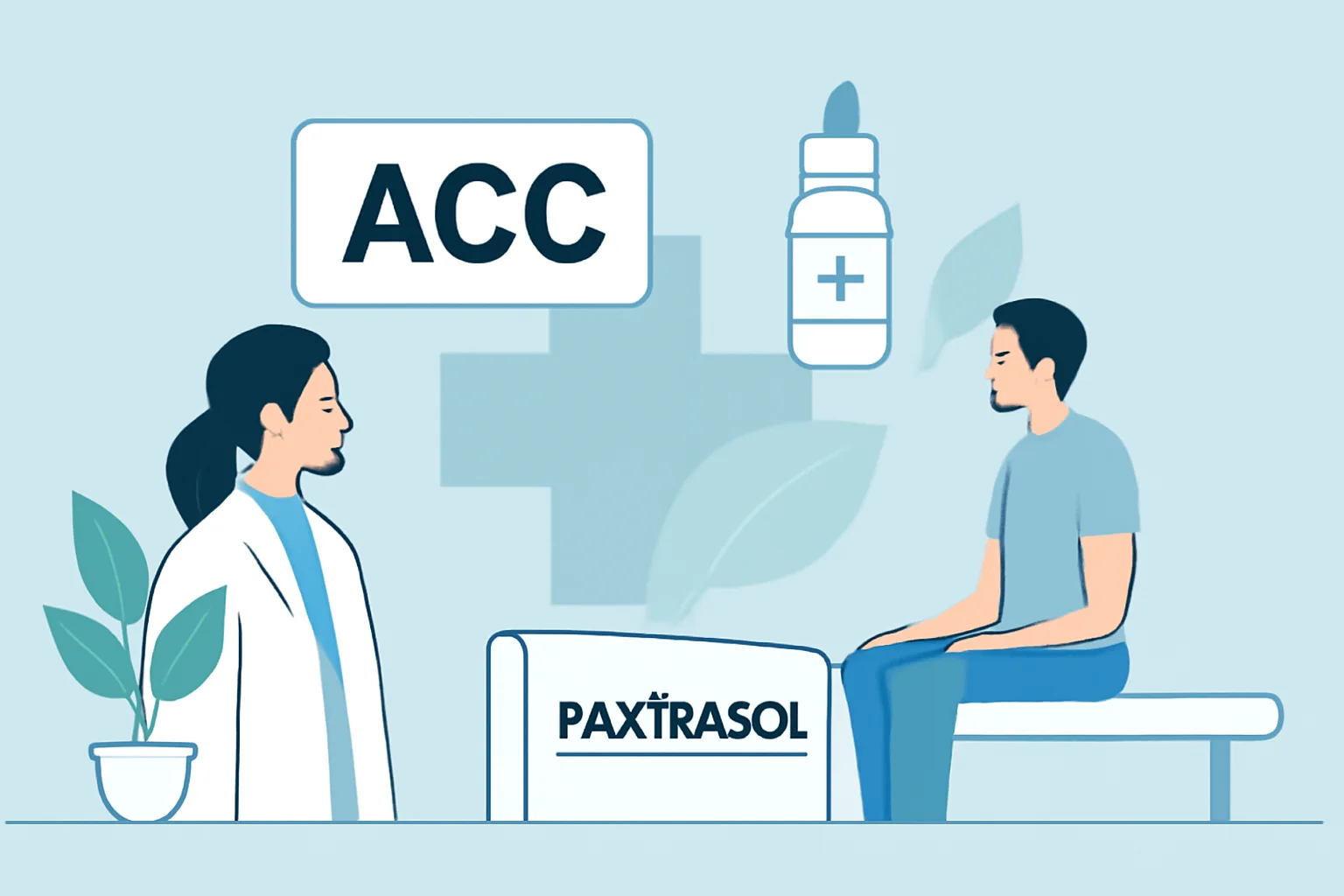
Psoriasis or eczema? Discover the differences and treatment options!
A skin diseases encompass a wide range of conditions that affect many people’s lives. Particularly, psoriasis and eczema are two common conditions that are often confused, but they actually have different causes and symptoms. Psoriasis is an autoimmune disease, while eczema most commonly develops as a result of allergic reactions or environmental factors.
Our skin is our largest organ and provides protection against the effects of the outside world. However, when the health of the skin is disrupted, various problems can arise that not only have physical but also emotional impacts on those affected. In the case of psoriasis and eczema, symptoms that appear on the skin, such as redness, itching, and flaking, can cause significant discomfort.
Proper diagnosis and treatment play a key role in managing these skin diseases. People often seek information to better understand what they are facing and how to manage their symptoms. Expanding knowledge about psoriasis and eczema can help patients make more informed decisions regarding their treatment.
Psoriasis: Symptoms and Causes
Psoriasis is a chronic autoimmune skin disease characterized by excessive growth of skin cells. This condition can manifest in various forms, with the most common type being plaque psoriasis, which appears as red, flaky patches on the skin. These patches often itch, and white or silver scales form on the skin’s surface.
The exact cause of psoriasis is not yet fully understood, but research suggests that genetic, immunological, and environmental factors may all contribute to the development of the disease. The immune system of affected individuals is overly active, resulting in faster regeneration of skin cells. Consequently, this leads to the accumulation of cells on the skin’s surface, causing the characteristic symptoms.
Psoriasis can often flare up due to stress, injury, infection, or certain medications. Patients report that the severity of symptoms can vary, and the condition of the skin may improve and then worsen periodically. The goal of treatment is to alleviate symptoms and prevent flare-ups. Psoriasis treatment typically includes medication, topical treatments, and lifestyle changes.
Eczema: Symptoms and Causes
Eczema, also known as atopic dermatitis, is a common skin condition characterized primarily by itching, redness, and inflammation. Eczema can appear at various ages but is most commonly diagnosed in childhood. Affected skin areas are typically dry and flaky, and due to itching, patients may be prone to scratching, which can lead to further irritation and infections.
Several factors may contribute to the development of eczema. Genetic predisposition, allergens, irritants, stress, and environmental factors can all play a role in the onset of the disease. Eczema is often associated with other allergic conditions such as asthma or hay fever.
Before starting treatment, it is important to establish an accurate diagnosis, as eczema can present in various forms, and treatment methods may differ. The goal of eczema treatment is to hydrate the skin, reduce inflammation, and alleviate symptoms. Topical corticosteroids, moisturizing creams, and antihistamines are commonly used therapies. Additionally, patients should also pay attention to lifestyle changes that can help reduce symptoms.
Comparison: Psoriasis and Eczema
Although psoriasis and eczema exhibit several similarities, there are also several significant differences between them. One of the most important differences lies in the underlying causes. While psoriasis is an autoimmune disease, eczema most often develops as a result of allergic reactions or irritants.
The symptoms also differ. Psoriasis typically presents as thick, flaky plaques, while in the case of eczema, the skin is dry and itchy, often showing red, inflamed areas. Individuals with psoriasis generally encounter skin thickening and flaking, while in eczema, skin irritation and itching are the main complaints.
The approaches to treatment also differ. Psoriasis treatment often involves medication, while eczema treatment focuses on hydration and skin protection. It’s important to note that psoriasis is a chronic condition requiring ongoing treatment, while eczema often occurs intermittently and can be well managed with appropriate treatment.
Understanding the differences between psoriasis and eczema can help patients better manage their condition and make more informed decisions regarding their treatment.
Warning: This article does not constitute medical advice. Always consult your doctor for health concerns.

